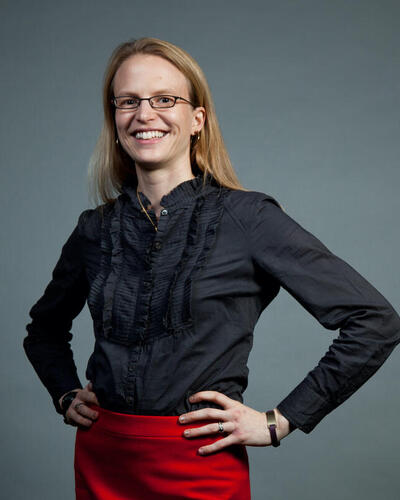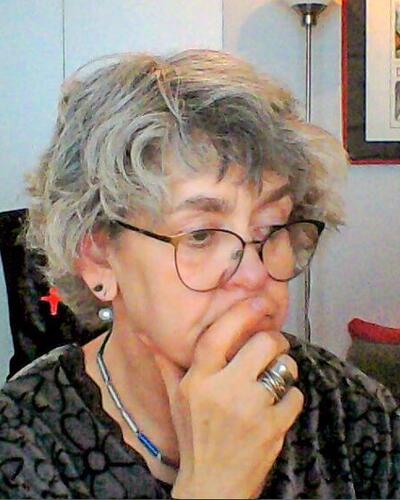The Topic of My Project
Students at the Master Programme in English present their research topics and provide us with some information about what their master project is about.

Hovedinnhold
Literature/Culture
Linguistics
Haakon Valen Hume Simpson
Provisional Title:
A Spelling Error Analysis of Norwegian Learners' L2 English with emphasis on phoneme-grapheme correspondence
Project Description:
This thesis investigates how different phonemes might trigger spelling errors in Norwegian learners’ L2 English. Eight phonemes will be analysed through corpus data from CORYL and a dictation exercise with ~30 pupils from each of two age groups (ages 12/13 and 15/16). The combination of these two methods enable analysis on the spelling of learners’ own words and of words handed to them (words not necessarily present in their vocabulary, along with some non-words). Perhaps there is a system to how the phonology of the L1 and L2 affects or triggers different spelling errors.
Anders Olderkjær Samland
Provisional Title/Research Area:
Analysis of Derived Agent Nouns in the Language of William Caxton's Edition of Le Morte D'Arthur
Project Description:
My thesis is a qualitative analysis of an inventory of agent nouns (e.g. betrayer (n.), from betray(v.)+er(nominalizing suffix) retrieved from William Caxton's 1485 print of Le Morte D'arthur. An inventory of agent noun has been extracted from the text, and will be analyzed with a primary focus on the relation between type of agent noun and the type of base it is derived from, in terms of morphosemantic, etymology, etc. Additionally, it would be fun to see if there are any agent noun formations that are first attested in my inventory.
Bjørnar Meling
Provisional Title/Research Area:
Creating awareness of figurative language and sound patterns to aid the acquisition of formulaic sequences: A teaching experiment aimed at ESL-students in Norwegian upper secondary school" / Cognitive linguistics and second language vocabulary learning
Project Description:
The goal of the project is to find out the effects of teaching figurative language and sound patterns, on upper secondary school students’ awareness of, and ability to interpret and recall idioms and collocations useful for English written assignments.
Janne Helgesen
Provisional Title/Research Area:
Norwegian Teenagers’ Use of English and English Electronic Discourse Features in Computer-Mediated Communication
Project Description:
My master's thesis is within the field of English sociolinguistics. It is a case study with Norwegian participants in 8th grade and vg3, and my main goal is to see to which degree they make use of English and English electronic discourse features in their electronic communication. English electronic discourse features can be categorized as pictograms/logograms (2 for "to"), initialisms/acronyms (omg and lol), omitted letters (comin for “coming”), nonstandard spelling (cuz for ”because”), expressive lengthening (coool), contractions (wanna) and profanities (shit). Furthermore, I want to see if there are any age and gender differences present, in addition to trying to see if there is a correlation between usage and knowledge of English abbreviations and spelling. To be able to find answers to my research questions and hypotheses, my informants will conduct a questionnaire, mapping their communication and language habits, an English spelling test based on the CORYL corpus, fictional chat-bubbles where they are to answer them as if they were answering a friend, and last but not least (hopefully) give me access to some of their own personal chat-messages.
Tonje Hoff Gjesdal
Provisional Title/Research Area:
Attitudes towards and use of English swear words in York
Project Description:
This MA paper is a sociolinguistic study of how people in York, UK, respond to and use swear words in their everyday life. Which swear words are most frequently used? Which words are considered the worst? Who swears the most? The data is collected through an online survey which is distributed, via email, to different groups and organizations in York
Didactics
Previously Submitted Theses
If you are curious to know more about previously submitted Master Theses at the Department of Foreign Langauges or UiB in general, please visit Bergen Open Research Archive (BORA).
BORA is the open research archive at the University of Bergen. BORA contains master theses, PhD theses, research data and other scientific publications in full-text.

